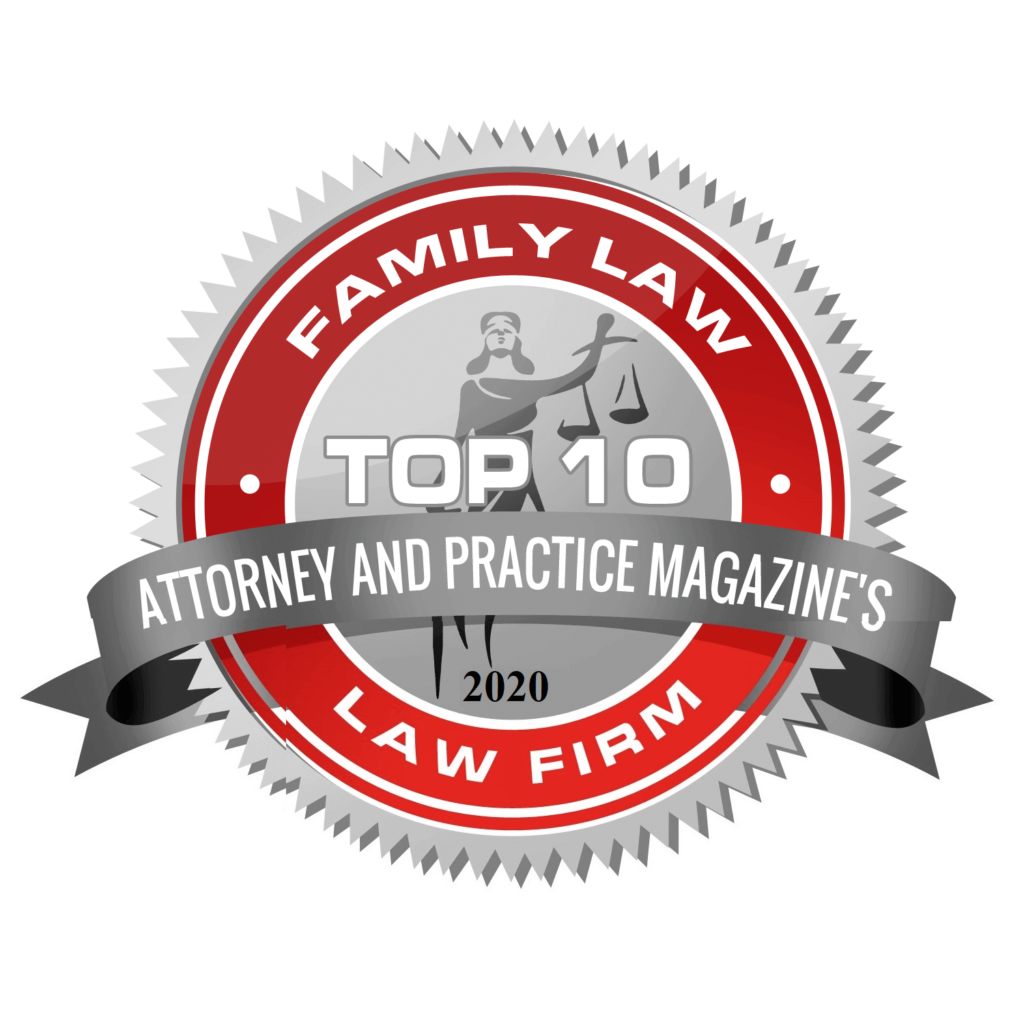Are you planning for your first meeting with a probate lawyer? Apart from briefing the attorney about your case, you need to carry a list of questions to ask an attorney about administering the estate.
Indeed, getting an experienced attorney who can handle the nitty-gritty of your case is never easy. Hence, using a checklist when hiring a probate attorney ensures you pick the right professional for your specific issues. Attend your first meeting ready to vet the probate lawyer. Here are 11 questions to ask a probate lawyer.
Table of Contents
- 1 Questions to Ask a Probate Lawyer
- 1.1 What Is the Focus Area of Your Practice?
- 1.2 What Is the Job of a Probate Attorney?
- 1.3 Do You Regularly Practice Before the Court to Which My Case Will Be Assigned?
- 1.4 What Fees Do You Charge for Your Services?
- 1.5 What Documents Do I Need?
- 1.6 Have You Had Similar Cases in the Past and What Was Your Experience?
- 1.7 How Long Does Probate Take?
- 1.8 What to Expect During Probate?
- 1.9 What Are the Duties of an Executor?
- 1.10 What Potential Issues May Arise in My Case, If Any?
- 1.11 What to Do If Someone Is Mishandling the Estate?
- 2 Conclusion
Questions to Ask a Probate Lawyer

Knowing what to ask a probate lawyer can ensure your goals are met from the outset. To do so, have a list of questions on hand ready to use for your meeting.
- What Is the Focus Area of Your Practice?
- What Is the Job of a Probate Attorney?
- Do You Regularly Practice Before the Court to Which My Case Will Be Assigned?
- What Fees Do You Charge for Your Services?
- What Documents Do I Need?
- Have You Had Similar Cases in the Past and What Was Your Experience?
- How Long Does Probate Take?
- What to Expect During Probate?
- What Are the Duties of an Executor?
- What Potential Issues May Arise in My Case, if Any?
- What to Do If Someone Is Mishandling the Estate?
What Is the Focus Area of Your Practice?
What is the difference between a probate lawyer and an estate lawyer? Probate lawyers handle the assets, will, and belongings of an individual that has died. Typical duties include:
- Confirming the validity of the deceased’s will
- Carrying out an audit (inventorying and appraising) on the deceased’s property as detailed in the will
- Distributing the deceased’s property as per the will
- Paying off any outstanding debts and taxes
Ensure you work with a probate lawyer with real expertise for the specific issues you present. Ask for them to tell you about their experience handling a similar case.
What Is the Job of a Probate Attorney?
Generally, a probate attorney is in charge of administering the estate of a deceased person. The process includes managing and distributing the estate, tax planning, and executing the last will in a conflict-free way.
The services are necessary for anyone who needs assistance with a probate process while dealing with the loss of a friend or loved one. Or, you can probate a will without a lawyer if your case is straightforward.
Do You Regularly Practice Before the Court to Which My Case Will Be Assigned?
Picking a probate attorney familiar with the formalities at the court that will hear your case is a plus. Here, the probate lawyer understands the unique protocol that the judge expects you to follow at the probate proceedings. What’s more, it will help ensure a smooth and quick determination process.
What Fees Do You Charge for Your Services?
Usually, probate attorneys never list their fees and billings on their websites. Instead, ask your lawyer how much it will cost you to handle your probate case. The charges could be hourly, flat, or a percentage of the estate value.
Rates will vary depending on where you file the probate case and the complexity of the legal work involved. Then, discuss the fees and know who pays probate lawyer fees.
Next, clarify the cost of a probate lawyer to avoid any unforeseen expenses later. Also, get the terms of the fee agreement in writing. Typical costs include the agreed rate, estimated total cost and hours, exclusions, frequency of billing, due dates, and who will be your contact person at the law firm.
What Documents Do I Need?

One of the top questions to ask an attorney about settling an estate often revolves around the document required in a probate process. With that in mind, confirm which documents you need to bring, such as:
- Death certificate
- Original will of the deceased
- Copies of a living trust, if any
- Copies of the latest financial statements of the deceased. They include bank statements, life insurance policy agreements or certificates, and investment or retirement accounts
- Copies of pending bills and obligations
- Tax reports
- List of beneficiaries listed in the last testament or non-probate assets
Have You Had Similar Cases in the Past and What Was Your Experience?
Even though each probate case is unique, knowing how the probate lawyer handled a previous case gives you a clue of what to expect. This prior experience is crucial when tackling ambiguous clauses or complications in a will. Ask more questions regarding jurisdiction challenges and how the probate lawyer handled them.
How Long Does Probate Take?
It depends on the complexity of the legal work and the size of the estate. Still, most probates take a few months to one year to complete.
What to Expect During Probate?
A typical probate proceeding involves the following steps:
- An executor or close family member files a petition to initiate the probate process
- The probate court authenticates the last will of the deceased
- If the above documents are deemed valid, the court proceeds to appoint the executor or next of kin named in the will or last testament
- The executor sends notices to notify the interested parties, including beneficiaries, heirs, creditors, and any other party with a financial interest in the deceased’s estate
- The executor takes inventory of the deceased’s estate
- Distribution of assets of the deceased, starting with the settling debts and tax arrears, if any
- Closing the accounts after the distribution of the estate
What Are the Duties of an Executor?
An executor identifies, collects, and safeguards the deceased’s estate pending its distribution to the interested parties.
What Potential Issues May Arise in My Case, If Any?
A probate case may delay due to missing paperwork, unavailability of the probate attorney, a conflict between beneficiaries, estates located in different states, pending estate tax returns, and the existence of too many wills. Then, as you ponder, “What questions should I ask my probate lawyer?” always anticipate potential delays.
What to Do If Someone Is Mishandling the Estate?
If you feel that the appointed executor or next of kin is mishandling the estate, you should consult a probate attorney for legal assistance. The lawyer may seek court intervention to remove the individual or claim compensation for the wasted assets.
Conclusion
So, now you have a comprehensive list of questions to ask a Washington State Bar certified probate lawyer. As you prepare for your first meeting, having a list of specific needs or questions can ensure your expectations are met. And, if you are in Richland, WA, and need hands-on legal representation and counsel, call Skyview Law at 509-642-4216 today.







